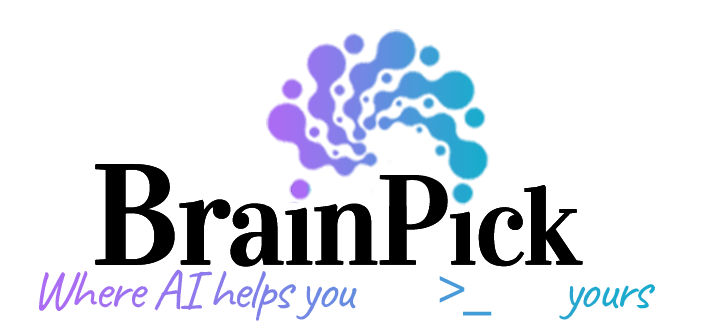Learn How Speech Therapists Can Easily Use AI Prompt Engineering Tools
Use Cases
Optimizing Speech Therapy Outcomes with AI Insights
In the intricate world of speech therapy, every word spoken is a milestone, a testament to the resilience and determination of individuals aiming to communicate effectively. Speech therapists navigate the complex labyrinth of language, sound, and articulation, guiding their clients towards clearer expression and understanding. As research advances and therapy techniques evolve, these specialists are always on the lookout for innovative ways to make speech clearer, interactions more meaningful, and communication more profound.
Enter our state-of-the-art AI-driven starter prompts, meticulously crafted for speech therapists. These prompts aren't just clinical tools; they are the bedrock of therapeutic innovation. While offering immediate insights into articulation techniques, voice modulation, and linguistic structures, they also inspire therapists to craft their distinctive prompts that resonate with their unique therapeutic approach and client needs. They act as foundational pillars, from which tailor-made therapeutic strategies can emerge.
From unraveling the complexities of specific speech disorders to devising individualized therapy plans, these tools empower therapists to enhance their therapeutic interventions. Imagine the potential of being equipped with insights that allow for the design of specialized exercises for stuttering, or the ability to craft innovative games and activities for children with speech delays. Visualize the transformative power of leveraging data to monitor therapy progress or the satisfaction of employing evidence-based techniques that yield tangible results.
In a domain where success is echoed in the confident voices of those treated and the barriers of communication broken down, our AI starter prompts serve as a speech therapist's trusted ally. They provide the groundwork, enabling therapists to turn every challenge into a success story, every session into a journey of discovery. Dive into this array of tools and witness the merger of therapeutic expertise with the prowess of artificial intelligence, ensuring every therapy session isn't just an intervention, but a celebration of the human spirit.
Share these Industry Prompt Examples
Prompt Examples for Speech Therapists
Therapeutic Methods:
Prompt:
"Provide therapy techniques for children with [Specific Speech Disorder]."
Input Field 1: Specific Speech Disorder - "stuttering"
Resources & Tools:
Prompt:
"Recommend resources or tools for parents to support [Age Group] children with [Specific Speech Disorder]."
Input Field 1: Age Group - "3-5 years"
Input Field 2: Specific Speech Disorder - "articulation disorders"
Training & Workshops:
Prompt:
"Design a training plan for educators to identify early signs of [Specific Speech Disorder] in students."
Input Field 1: Specific Speech Disorder - "aphasia"
Technology Assessment:
Prompt:
"Evaluate the effectiveness of [Specific Tool/Technology] in speech therapy sessions for [Patient Demographic]."
Input Field 1: Specific Tool/Technology - "Speech Buddy tools"
Input Field 2: Patient Demographic - "adults with brain injuries"
Skill Development:
Prompt:
"Recommend group activities for [Age Group] children to improve [Specific Speech Skill]."
Input Field 1: Age Group - "6-8 years"
Input Field 2: Specific Speech Skill - "voice modulation"
Continuous Learning:
Prompt:
"Provide insights on recent research regarding [Specific Speech Disorder] treatment methods."
Input Field 1: Specific Speech Disorder - "dysarthria"
Patient Support:
Prompt:
"Design a home-based exercise plan for [Patient Age] with [Specific Speech Disorder]."
Input Field 1: Patient Age - "12 years old"
Input Field 2: Specific Speech Disorder - "lisping"
Therapeutic Methods:
Prompt:
"Evaluate the long-term impact of [Specific Therapy Technique] on patients with [Specific Speech Disorder]."
Input Field 1: Specific Therapy Technique - "The Lidcombe Program"
Input Field 2: Specific Speech Disorder - "childhood stuttering"
Technology & Tools:
Prompt:
"Recommend assistive technologies for individuals with [Specific Speech Disorder] to improve daily communication."
Input Field 1: Specific Speech Disorder - "apraxia of speech"

